"Whoever the person may be, however high he or she is, no one is above the law notwithstanding how powerful or how rich he or she may be"
This is the basic principle of the concept of ‘Rule of Law’, which asserts the supremacy of law and puts everyone on equal footing. It is the basic principle of governance of any liberal and democratic society. The judiciary, which is the central pillar of democracy, is the guardian of the Rule of Law. It holds a crucial position in the order and the maintenance of democracy.
The coin of democracy too has two sides. One side of the coin states that as democracy is based on the rule of law, it has to maintain the dignity of the courts. The other side of the coin states that free expression is the fundamental fountainhead of democracy. It is very crucial not to curb freedom of expression to maintain the dignity of the courts; at the same time, free expressions and opinions must remain in their reasonable limits.
If we review the past few years, Indian authorities have increasingly used criminal laws for sedition, criminal defamation, and now recently contempt jurisdiction against the peaceful critics, dissenters, journalists, rights activists, academics, and students. People have been arbitrarily arrested, prosecuted, and imprisoned in numerous cases.
Speaking specifically of the judiciary, on 14th August 2020, the Supreme Court adjudged Adv. Prashant Bhushan, guilty of contempt (criminal contempt) for scandalizing the authority of the court, and for creating disrespect and disaffection for the authority of the court under The Contempt of Court Act, 1971. This was in the case where senior Adv Prashant had made two tweets:
Tweet 1:
“CJI rides a 50 lakh motorcycle belonging to BJP leader at Raj Bhawan Nagpur, without a mask or helmet at a time when he keeps the SC in Lockdown mode denying citizens their fundamental right to access to justice”
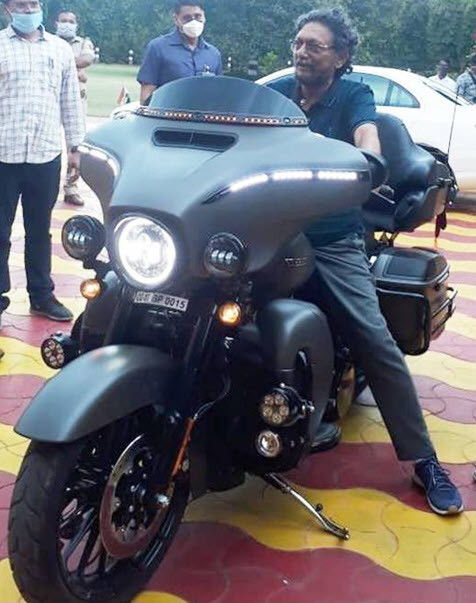 Tweet 2:
Tweet 2:
“When historians in the future look back at the last 6 years to see how democracy has been destroyed in India even without a formal Emergency, they will particularly mark the role of the last 4 CJIs”
The Court issued suo motu (on its own) notice including to Bhushan and the Attorney General.
Even before this case, there was the case which led to a criminal contempt petition being filed against him taken up on board in 2020 by the Supreme Court, where, in an interview with Tehelka in 2009, he criticized eight out of the last sixteen Chief Justices of India (at the time) as having been corrupt. If we speak specifically about Mr. Prashant Bhushan, he is well known for the fight against corruption in the higher judiciary, and an advocate for transparency in its functioning. He has consistently stood against the ambiguity and arbitrariness which existed in the system.
As far as the two tweets’ case is concerned, Mr. Bhushan took a stand that he exercised his fundamental right of freedom of speech, which includes in itself the right to criticize. He stated that the first tweet was specifically based on the truth (defense to contempt), and the second tweet was an opinion which has been shared by many on several occasions - including four senior judges of the Supreme Court, who dissented in public in January 2018 against the Chief Justice of India in a famous press conference. But the apex court concluded that Mr. Bhushan has committed the offense of scandalizing the courts. Here is the point when the real discussion arises, that is, freedom of speech versus the contempt jurisdiction of the courts.
The contempt jurisdiction comes from two sources. The one is Article 129 and Article 215 of the Constitution of India, which empowers the Supreme Court and High Court respectively to punish people for their respective contempt. Another jurisdiction is a statutory one under the Contempt of Court Act, 1971. It is expected to have a balance between both the provisions while coming to any conclusion. The Act recognizes civil as well as criminal contempt.
In the present case, the apex court exercised its jurisdiction under the provision of criminal contempt. The act defines criminal contempt as the publication (whether by words, spoken or written, or by signs, or by visible representation, or otherwise) of any matter, or the doing of any other act whatsoever, which –
(i) scandalizes any court; or (ii) prejudice to or interfere with any judicial proceedings’ or (iii) interferes or obstruct in the administration of justice in any other manner. It is also subject to few defences such as (i) substantial interference with justice, (ii) truth, (iii) bonafide (iv) public interest in disclosure.
On the other hand, freedom of speech and expression is recognized as a basic human right by the Universal Declaration of Human Rights (1948). It is followed by the preamble of the Indian Constitution which gives its citizens the liberty of thought and expression. This resolve is reflected in Article 19(1) (a), which is one of the Articles found in Part III of the Constitution that enumerates the Fundamental Rights. Freedom of speech and expression is subject to reasonable restrictions. One of the restrictions is concerning contempt of court. So, it is very crucial to find whether a statement is a fair criticism, or libel/ defamation, or contempt. If the statement made creates apprehension in the minds of people regarding the integrity, ability or fairness of the judge, OR deter actual or prospective litigants from placing complete reliance upon the court's administration of justice, then it will tend to be a contempt of court.
Just. Oliver Wendell Holmes in his renowned dissent in the case of Abrams v/s US (1919) rightly stated that: "When the competition of ideas is suppressed using contempt power, or by other means, the truth is suppressed and the nation is blinded."
When it comes to criticism, the apex court itself has stated that every authority is subject to public scrutiny. The free and open criticism increases the accountability of the judiciary towards the people. In several judgments, the Supreme Court has tried to establish a fair balance between free speech and contempt jurisdiction. In C. K. Daphtary v/s Gupta (1971), Supreme Court stated that though the existing law of criminal contempt comes within reasonable restriction, it does not mean that one cannot express one's ire against the judiciary for the fear of contempt. In many other judgments, the Supreme Court stated that it is necessary to balance two greats, but occasionally conflicting principles of freedom of speech & expression, and the fair fearless justice. It is said that judges are supposed to be men of fortitude who can thrive in a hardy climate. The freedom of expression is said to be one of the basic conditions for the progress of advocacy and for the development of everyone - including legal fraternity practicing the profession of law.
If we look at the International scenario, the scandalizing courts were abolished in the UK in the year 2013 on the ground that it infringes freedom of speech. In western countries like England and the USA, contempt jurisdiction is very sparingly exercised giving much scope to the fair and constructive criticism which is considered as a pedestal of modern democracy. The International Covenant on Civil and Political Rights, as well as the United Nations Human Rights Committee, support freedom of speech while expecting to maintain public order.
In regards to the Contempt of Court Act of 1971, it is said that summary jurisdiction by way of contempt must be exercised with great care and caution, and only when proper administration of law and justice is necessary. It is always necessary to have certainty in the law. The act is criticized for its vagueness as there is no definition of what constitutes scandalizing of courts or what interferes or prejudices with the court of justice. The act also grants vast discretion to the courts to punish, without maintaining any fixed principle in this regard. It is pertinent to note that the present case violates the basic principle that no one can be a judge in its cause.
It is also criticized that both the cases against Mr. Bhushan were suddenly taken up on board when the apex court had far more important issues to be dealt with like - habeas corpus matters, electoral bonds matter, a challenge to the deprivation of internet in J&K, or even the plight of the millions of starving migrants during lockdown - did not get an urgent response.
The current scenario is that Supreme Court directs Prashant Bhushan's 2009 Contempt case to be placed before an appropriate Bench where Mr. Bhushan has revised 10 questions of law of considerable constitutional importance. In the two tweets’ case, the attorney general requested the court to take a compassionate view as the statements were made to seek the improvement in the administration of justice.
And at the end, an ultimate question which is raised by Mr. Seervai, is that where do the citizens of the country go from here, and how does the legal profession propose to deal with it?
- Adv. Prachi Patil
ppprachipatil19@gmail.com
(The writer is a practicing lawyer at the Pune District Court and the Family Court, Shivajinagar.)
Tags: law adv prachi patil prachi patil prashant bhushan supreme court contempt case jurisdiction Legal legal framework Load More Tags

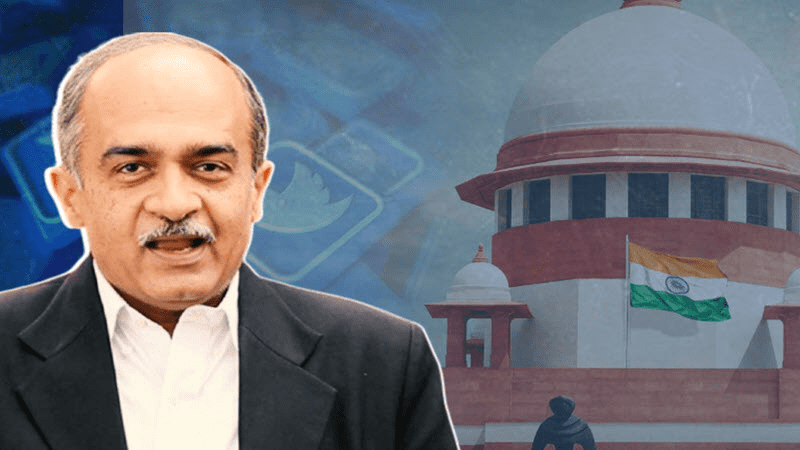


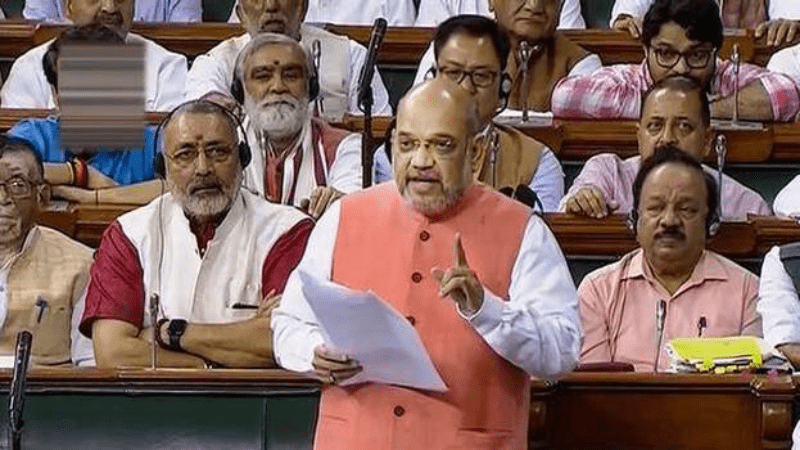
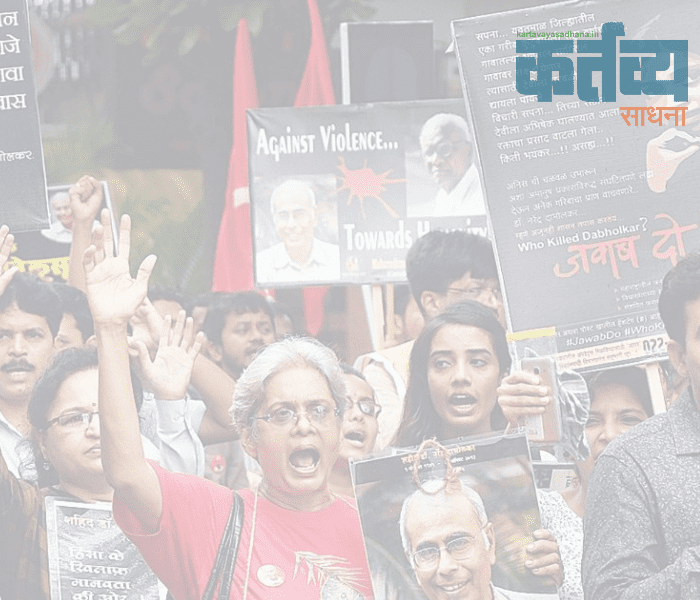
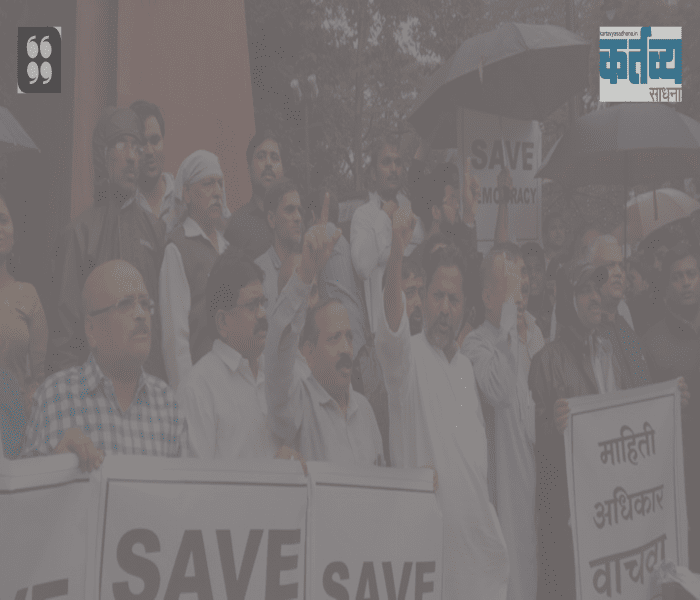
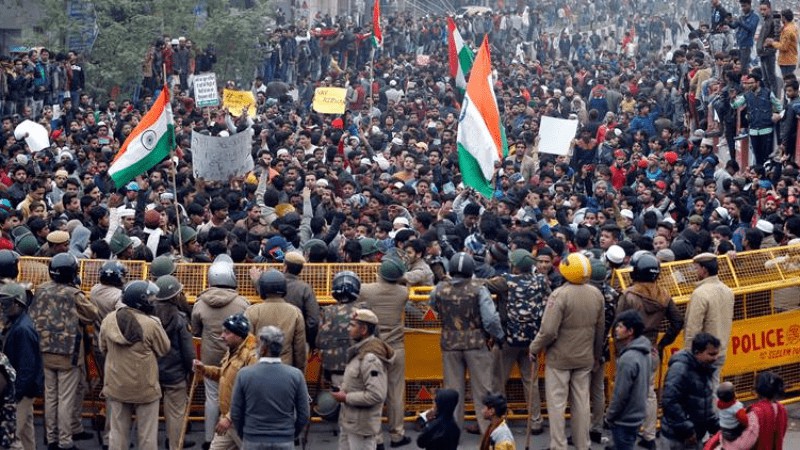
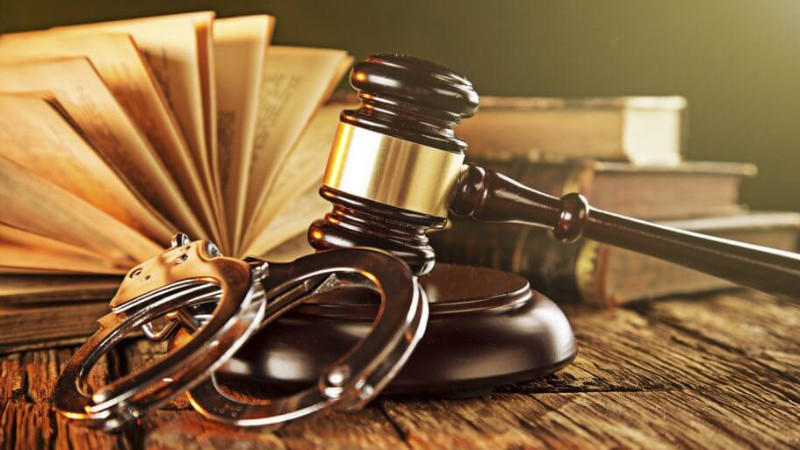
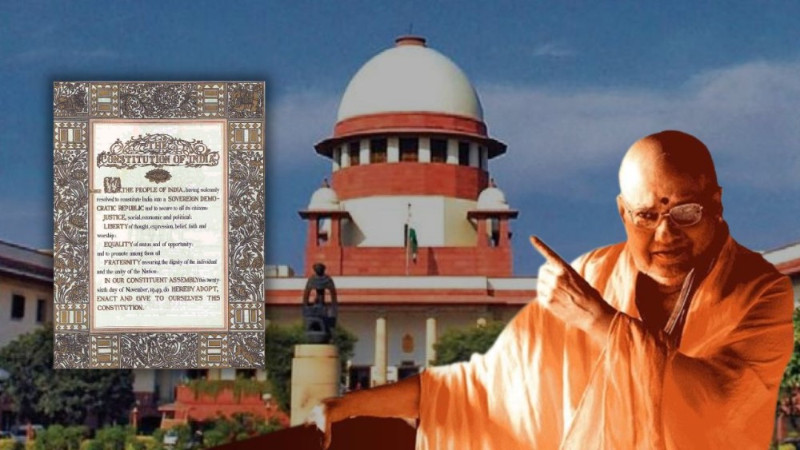
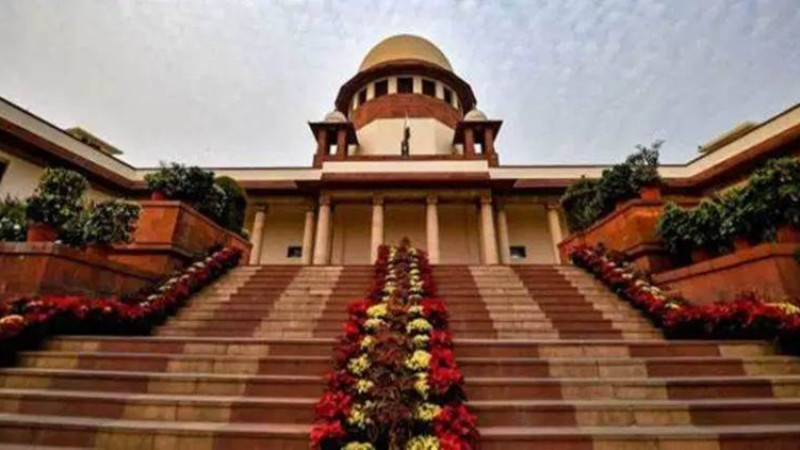
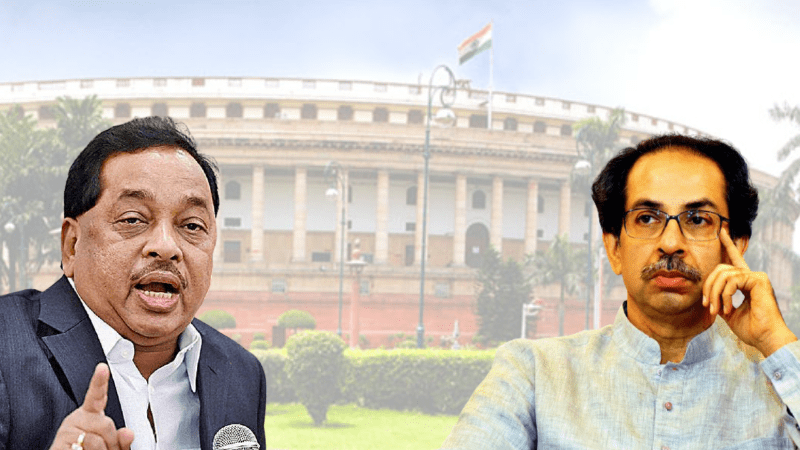
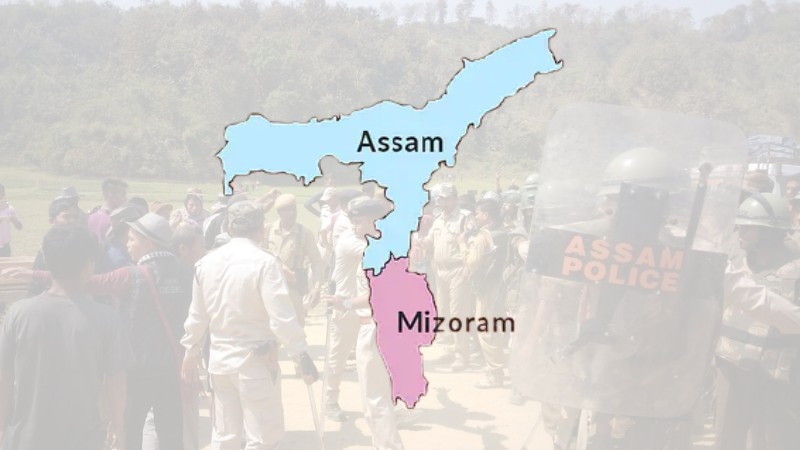
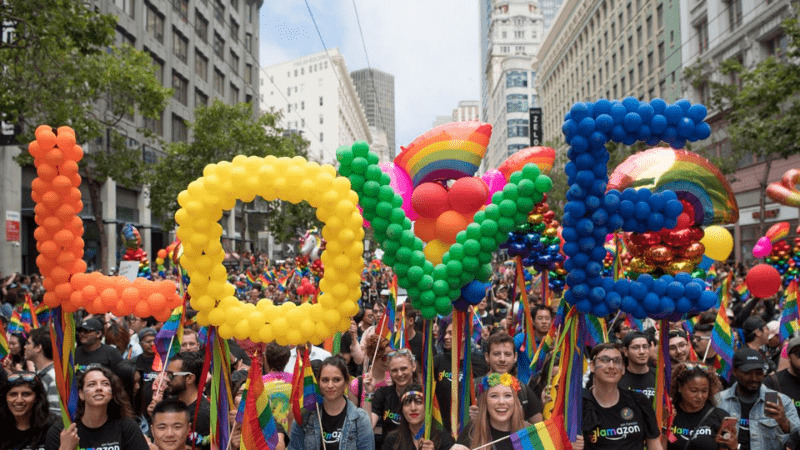
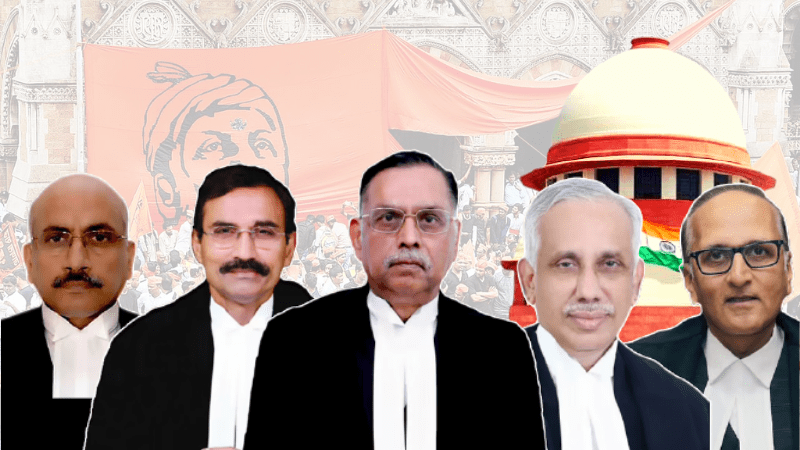


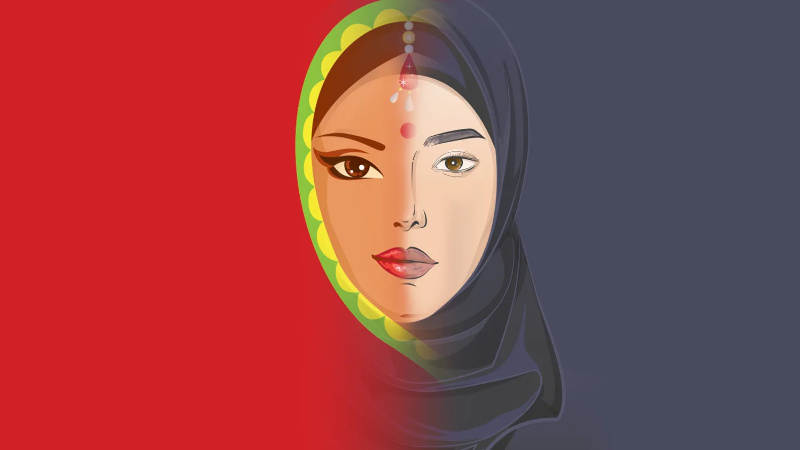
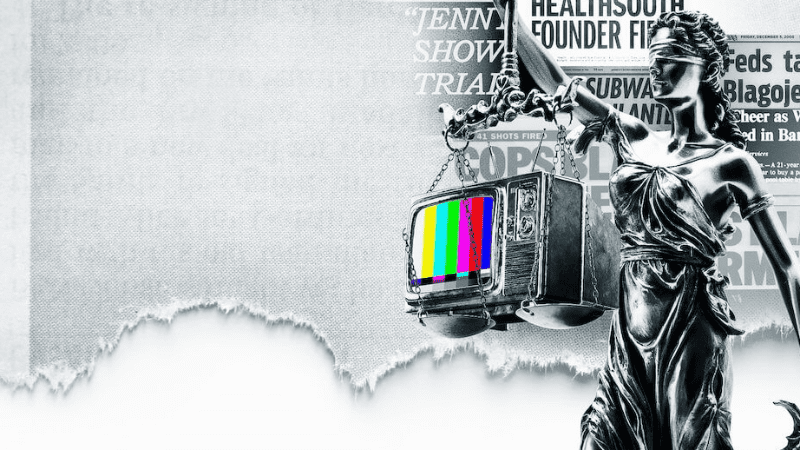

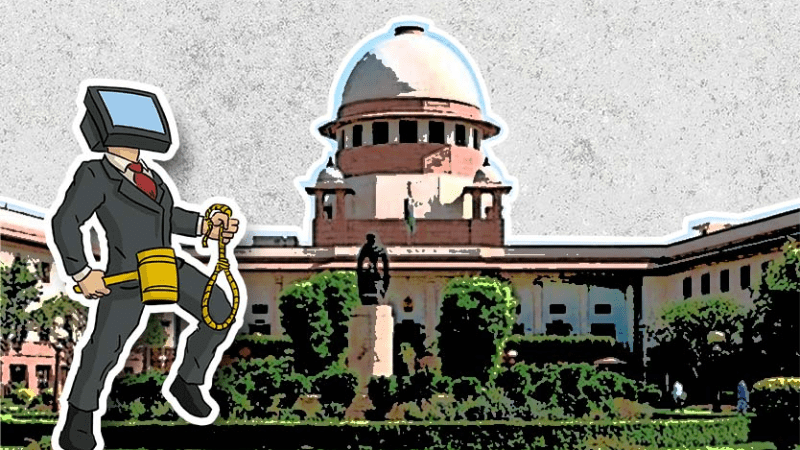
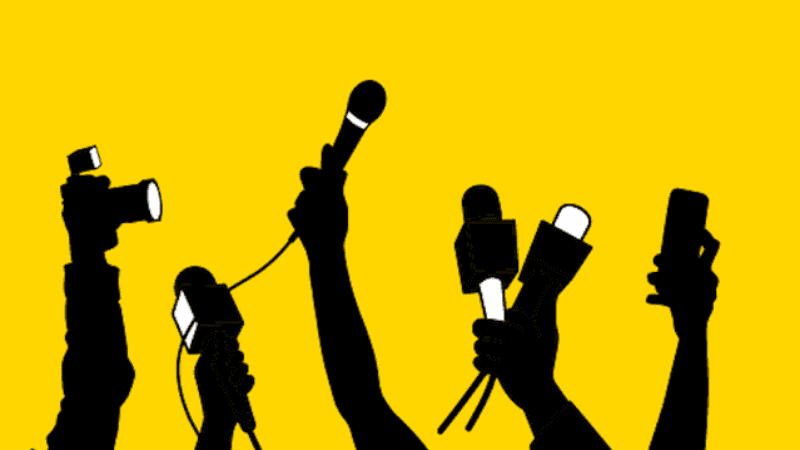
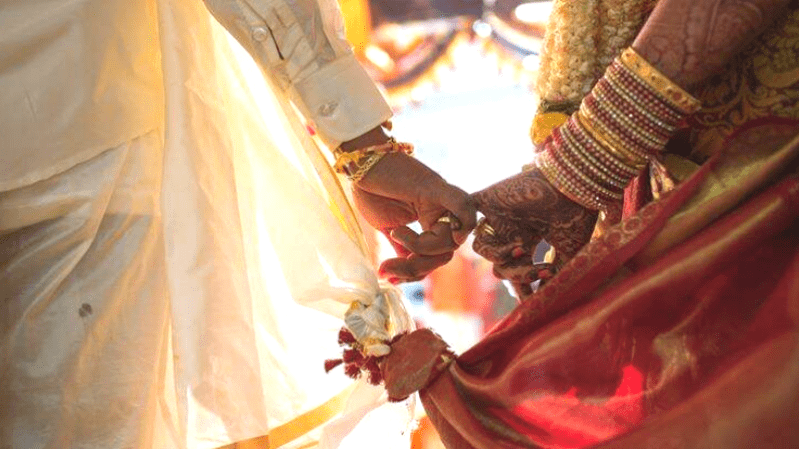
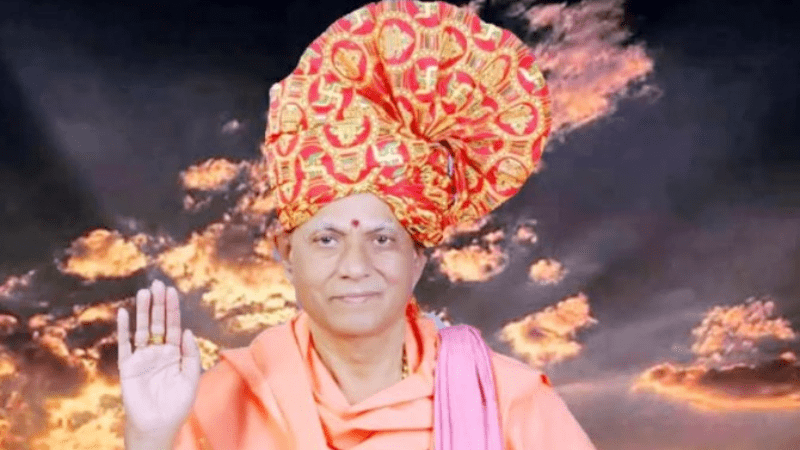
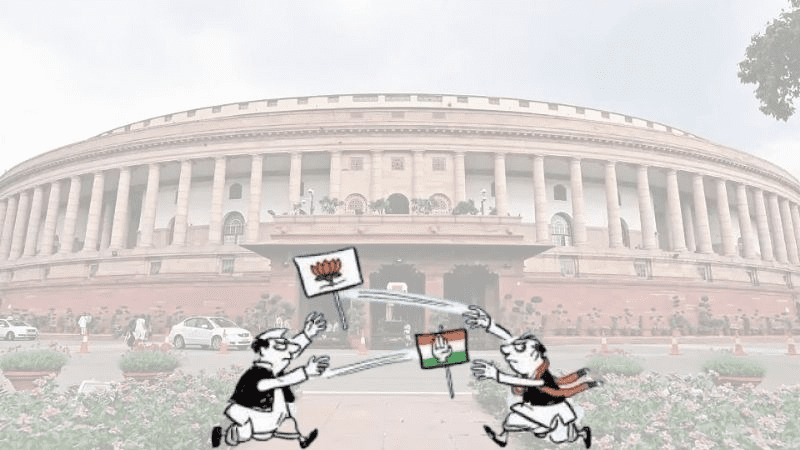
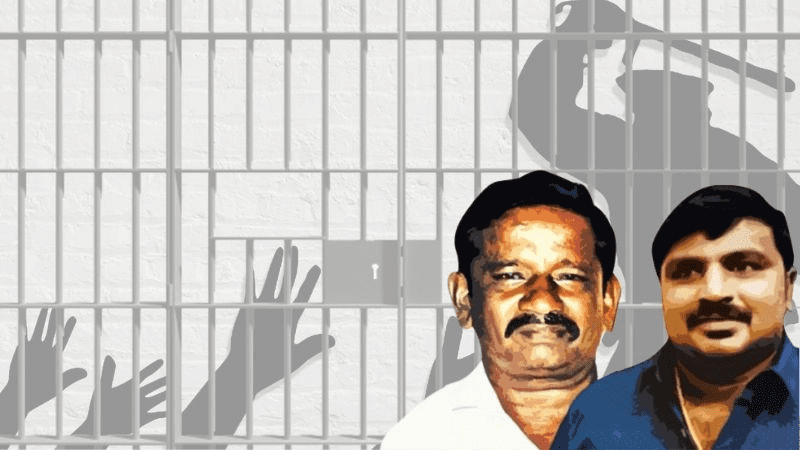
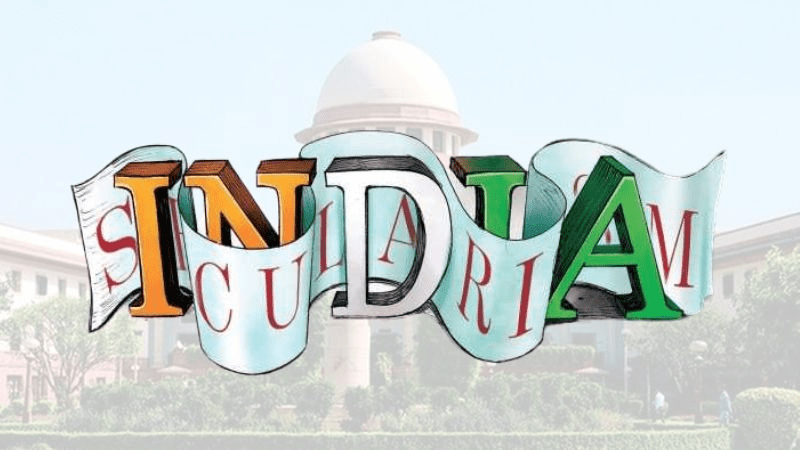
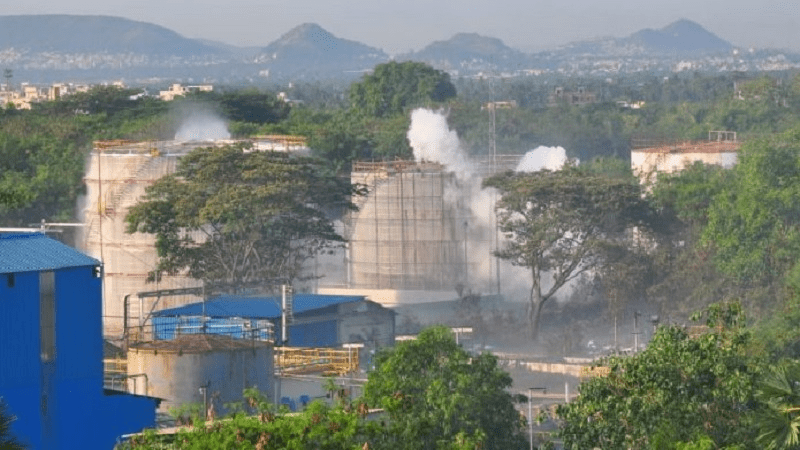
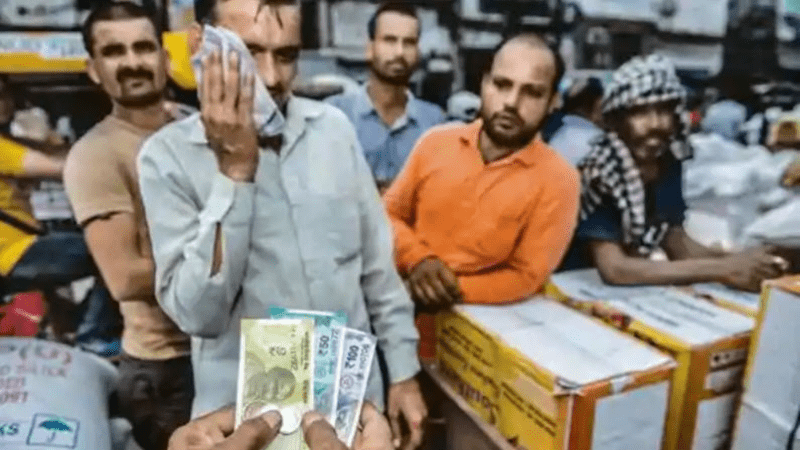




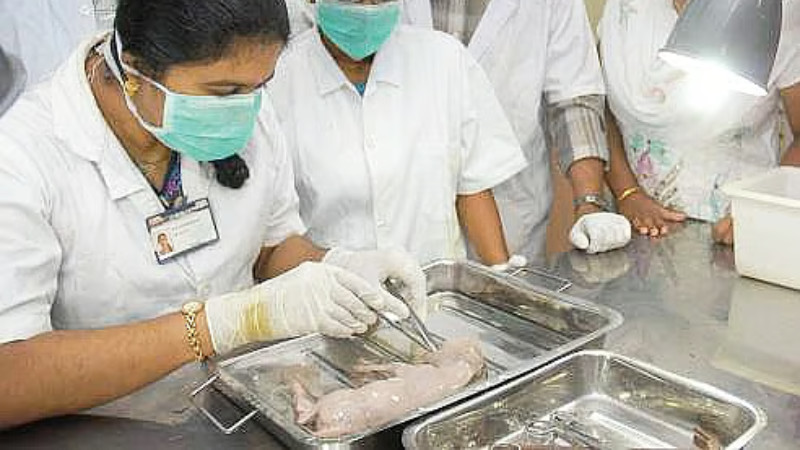
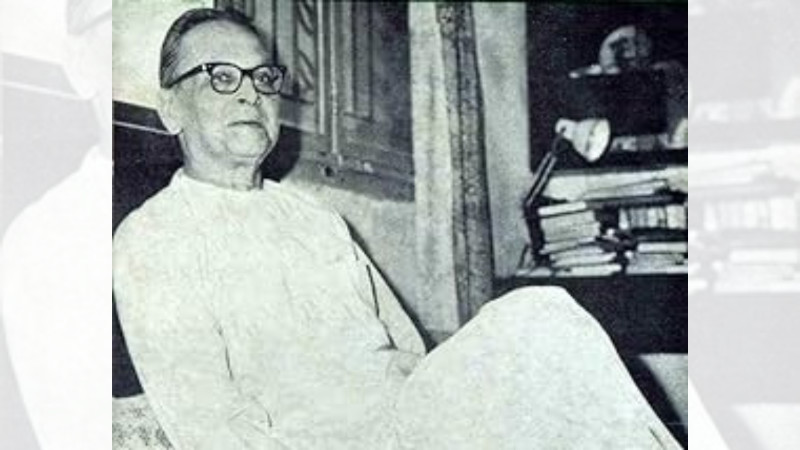
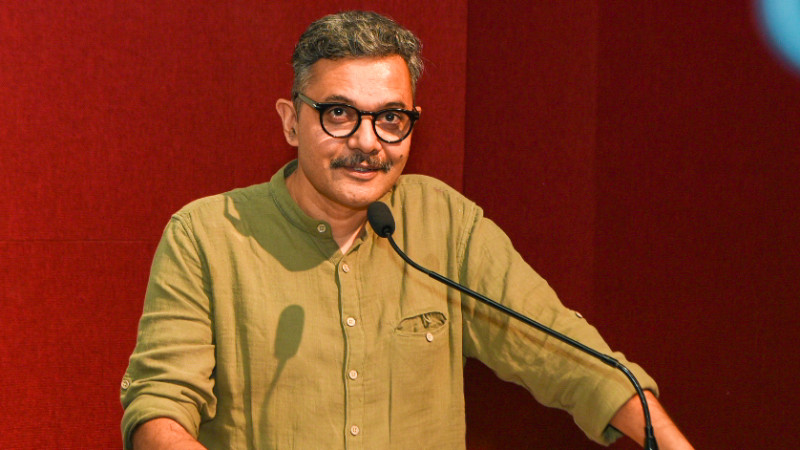
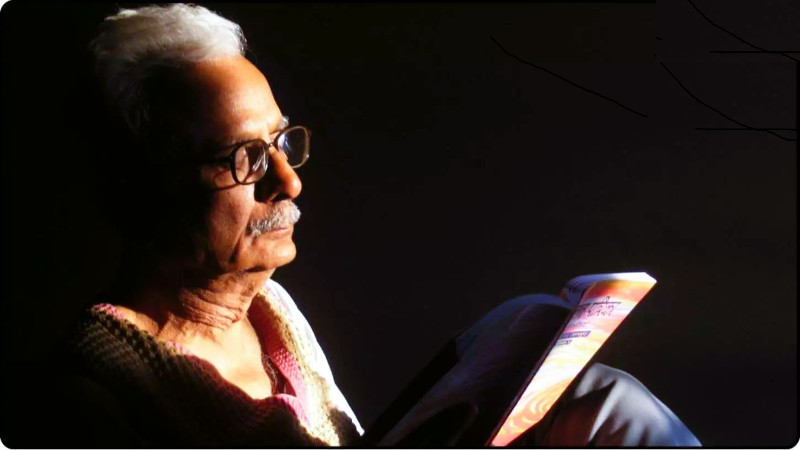
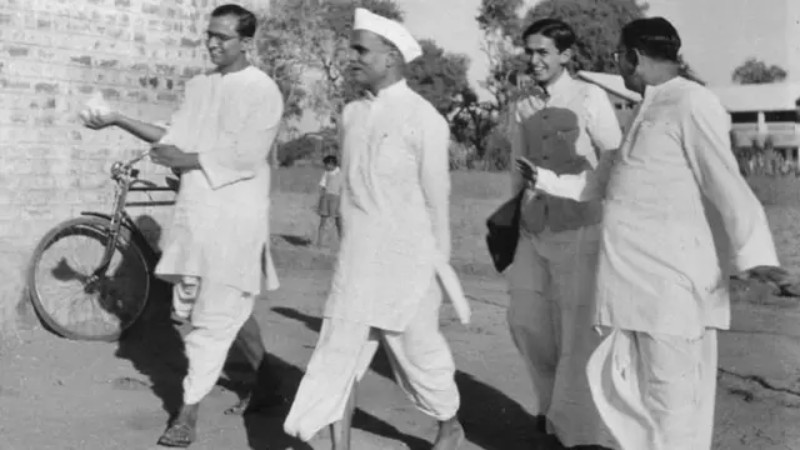
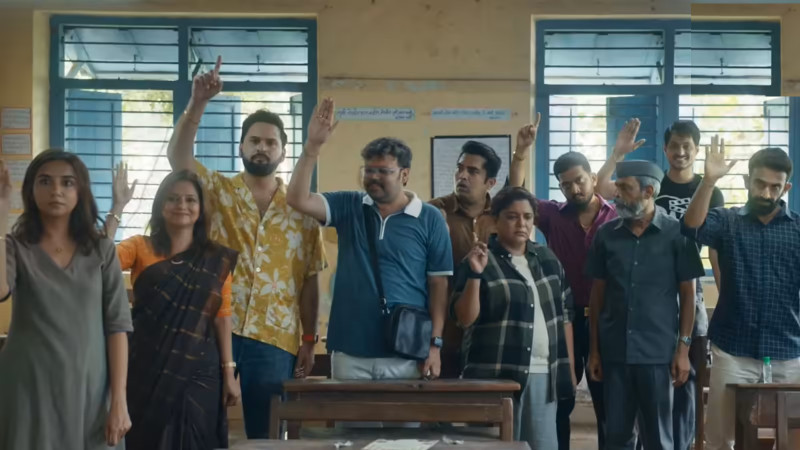
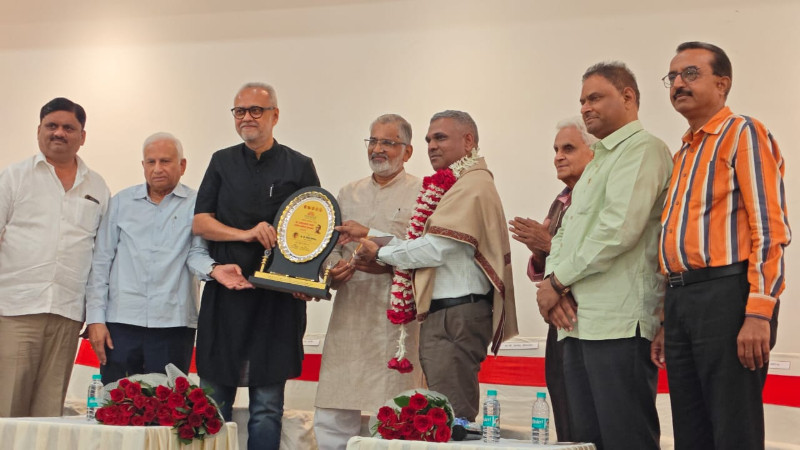
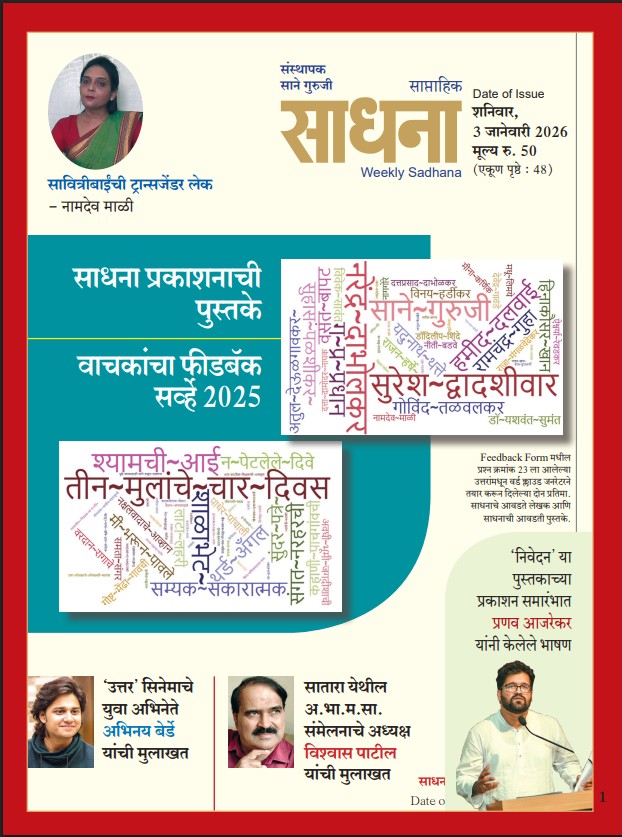













Add Comment